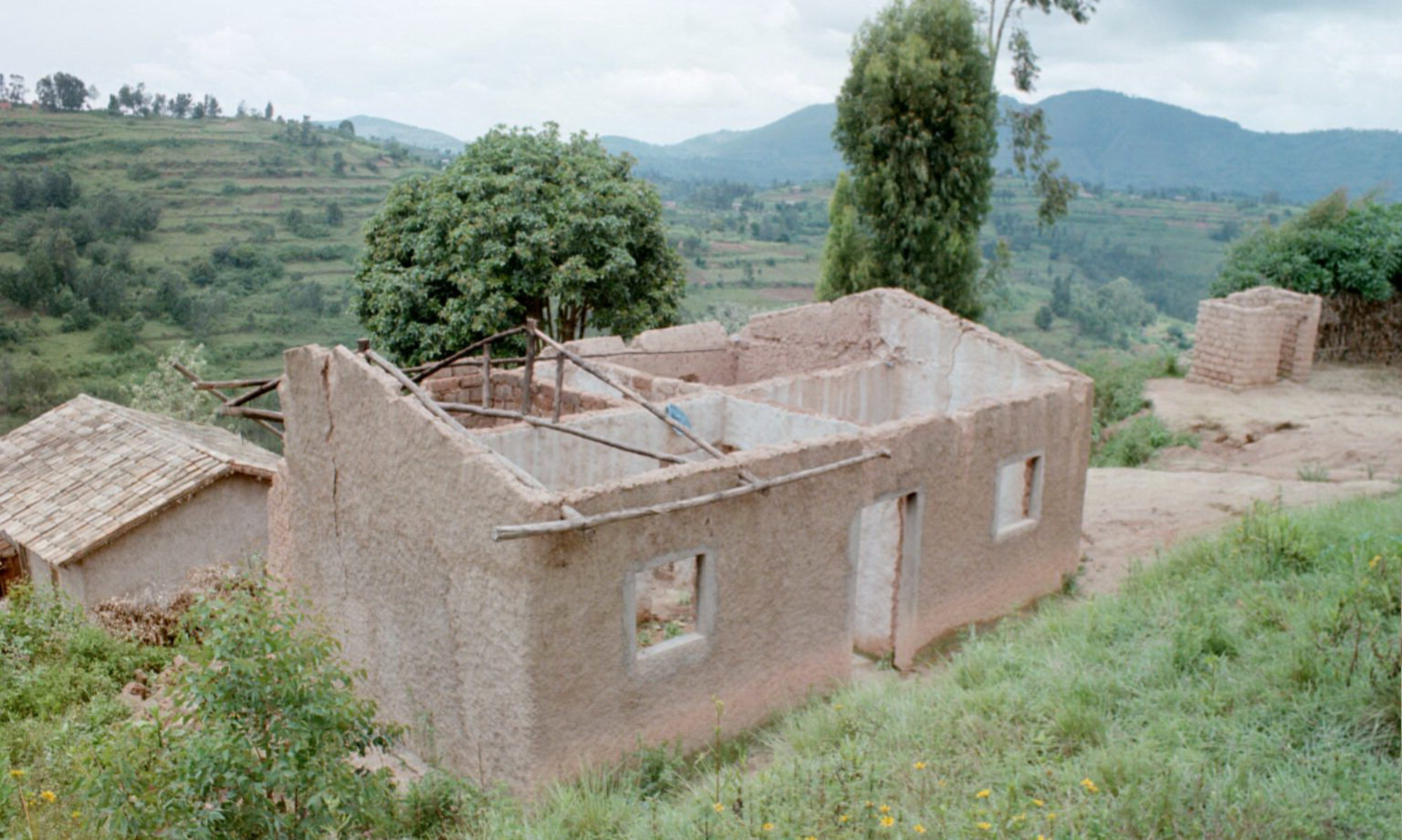2013 Winner, Elliot P. Skinner Book Award, Association for Africanist Anthropology
2015 Honorable Mention for the Aidoo-Snyder Book Prize, Women’s Caucus of the African Studies Association
2013 Finalist, Melville J. Herskovits Award, African Studies Association
In the aftermath of the 1994 genocide, Rwandan women faced the impossible—resurrecting their lives amidst unthinkable devastation. Haunted by memories of lost loved ones and of their own experiences of violence, women slowly rebuilt their lives and traversed dangerous emotional and political terrain to emerge as leaders in Rwanda today. This clear and engaging ethnography of survival tackles three interrelated phenomena—memory, silence, and justice—and probes the contradictory roles women played in postgenocide reconciliation.
 Based on over a decade of intensive fieldwork, Genocide Lives in Us provides a unique grassroots perspective on a postconflict society. Anthropologist Jennie E. Burnet relates ordinary Rwandan women’s heart-wrenching stories of survival with sensitivity and uncovers political and historical themes in their personal narratives. Allowing the silenced voices of ordinary women to be heard, Burnet sheds light on women’s incredible resilience. She concludes that women’s leading role in Rwanda’s renaissance emerged from the dire post-genocide situation that forced women into new roles, from advocacy by the Rwandan women’s movement, and from the inclusion of women in the postgenocide government.
Based on over a decade of intensive fieldwork, Genocide Lives in Us provides a unique grassroots perspective on a postconflict society. Anthropologist Jennie E. Burnet relates ordinary Rwandan women’s heart-wrenching stories of survival with sensitivity and uncovers political and historical themes in their personal narratives. Allowing the silenced voices of ordinary women to be heard, Burnet sheds light on women’s incredible resilience. She concludes that women’s leading role in Rwanda’s renaissance emerged from the dire post-genocide situation that forced women into new roles, from advocacy by the Rwandan women’s movement, and from the inclusion of women in the postgenocide government.
Reviews
“Burnet presents a thoroughly intersectional analysis of the ways in which peoples’ lives are shaped by gender, ethnicity and class as interlocking systems of oppression.”
—Women’s Review of Books
“The stories of life in postgenocide Rwanda presented in this book are deeply touching and challenge the dominant discourse that portrays Rwanda as a simple story of successful postconflict rebuilding. This book is essential reading for anyone with interest in Rwanda and in the legacies of violence, gender, society, memory, and transitional justice.”
—Timothy Longman, Boston University
“The most important contribution of this fine study is Burnet’s conceptual breakthrough exploring the role of ‘amplified silence.’ Where the power of official discourse prevents many from mourning their losses, such silences speak loudly to those aware of them.”
—Catharine Newbury, Smith College
“A profoundly empathetic and comprehensive narrative that goes to the bottom of Rwandans’ everyday struggles triggered by a contextual and inevitable urge to face their own violent past.”
—Aloys Habimana, Rwandan human rights lawyer


You must be logged in to post a comment.